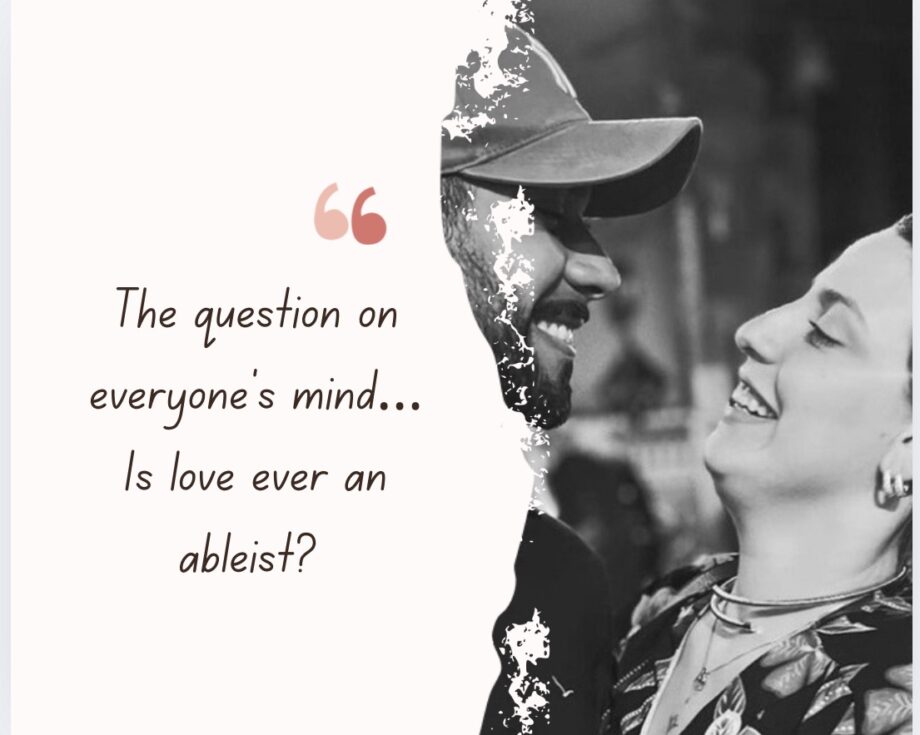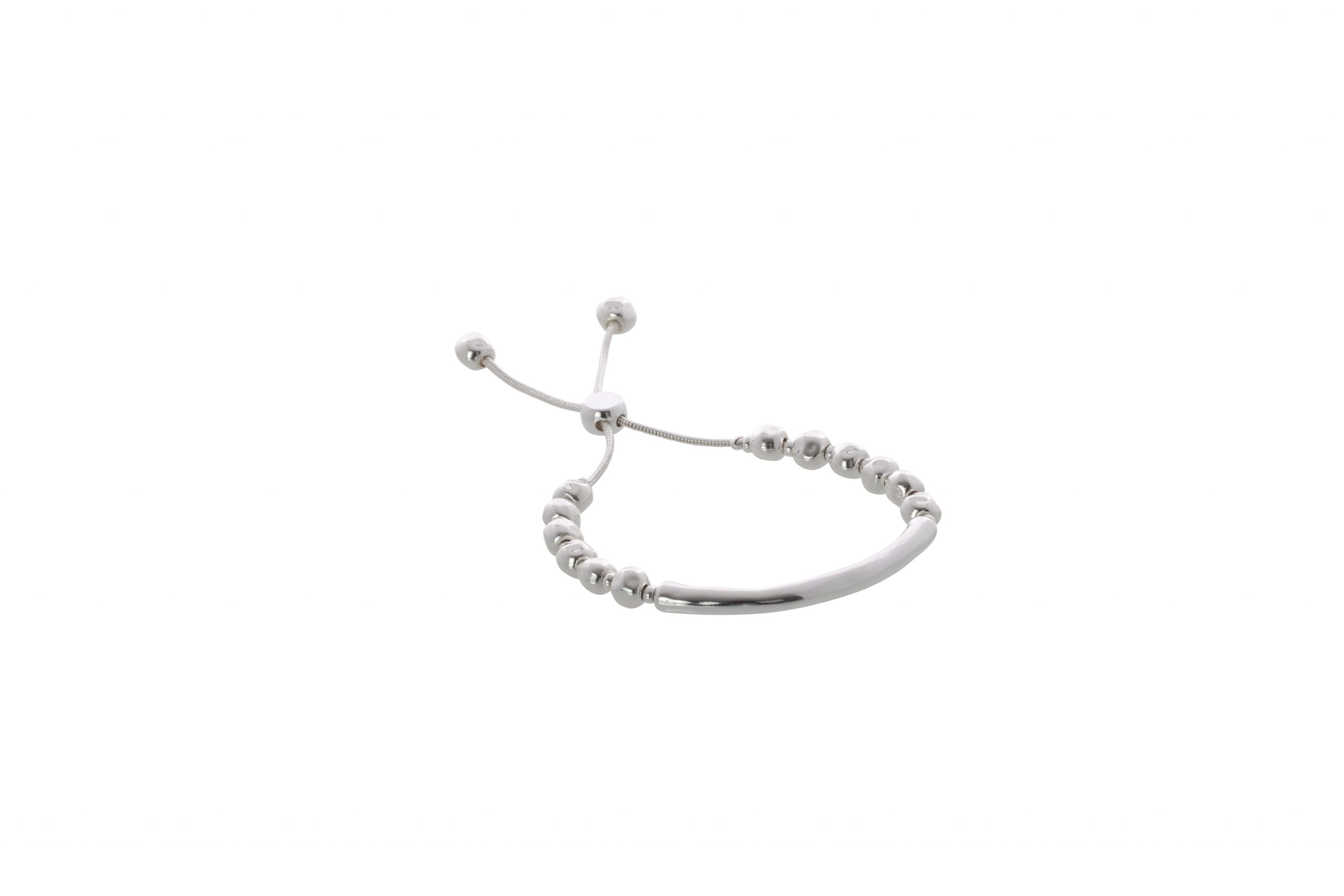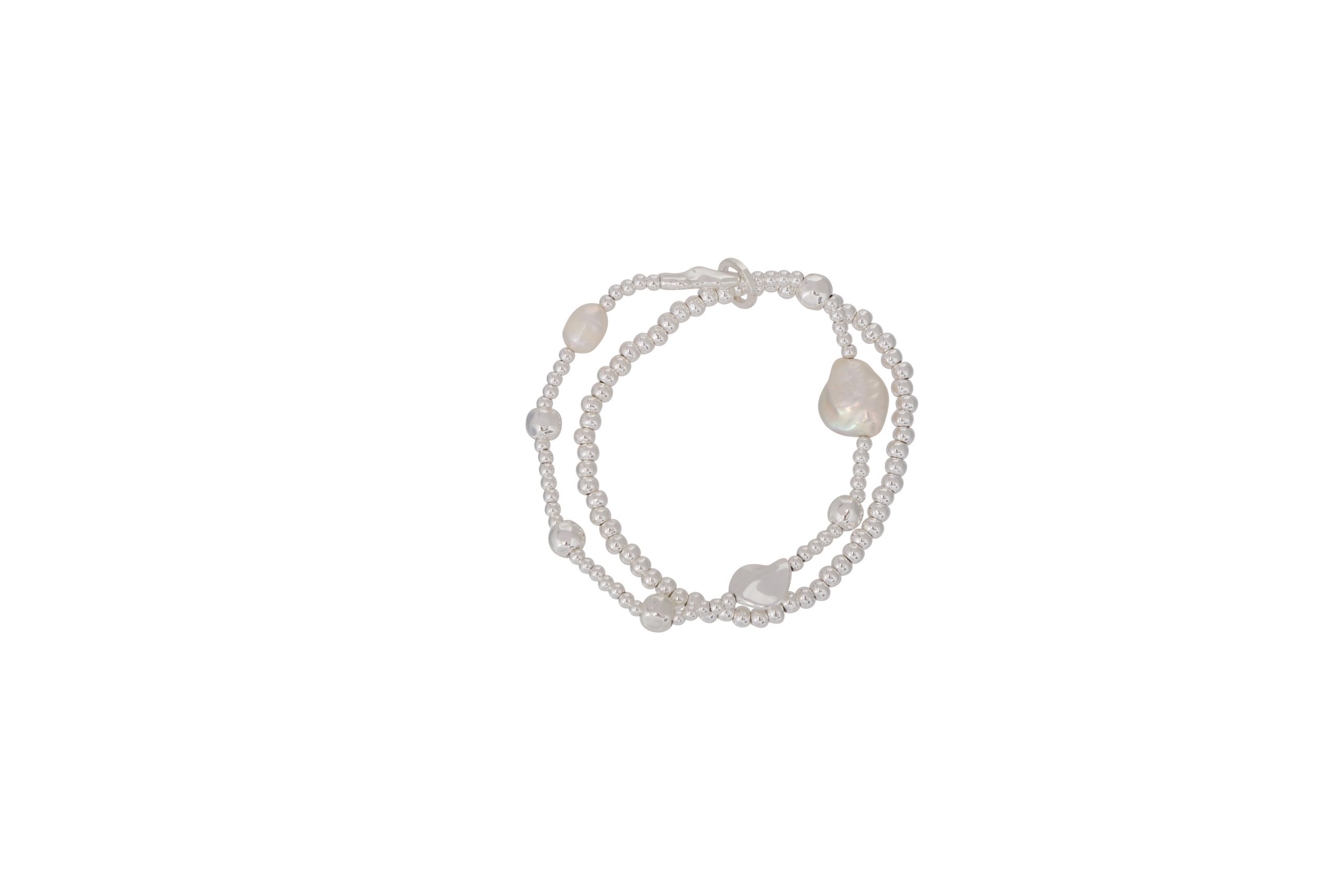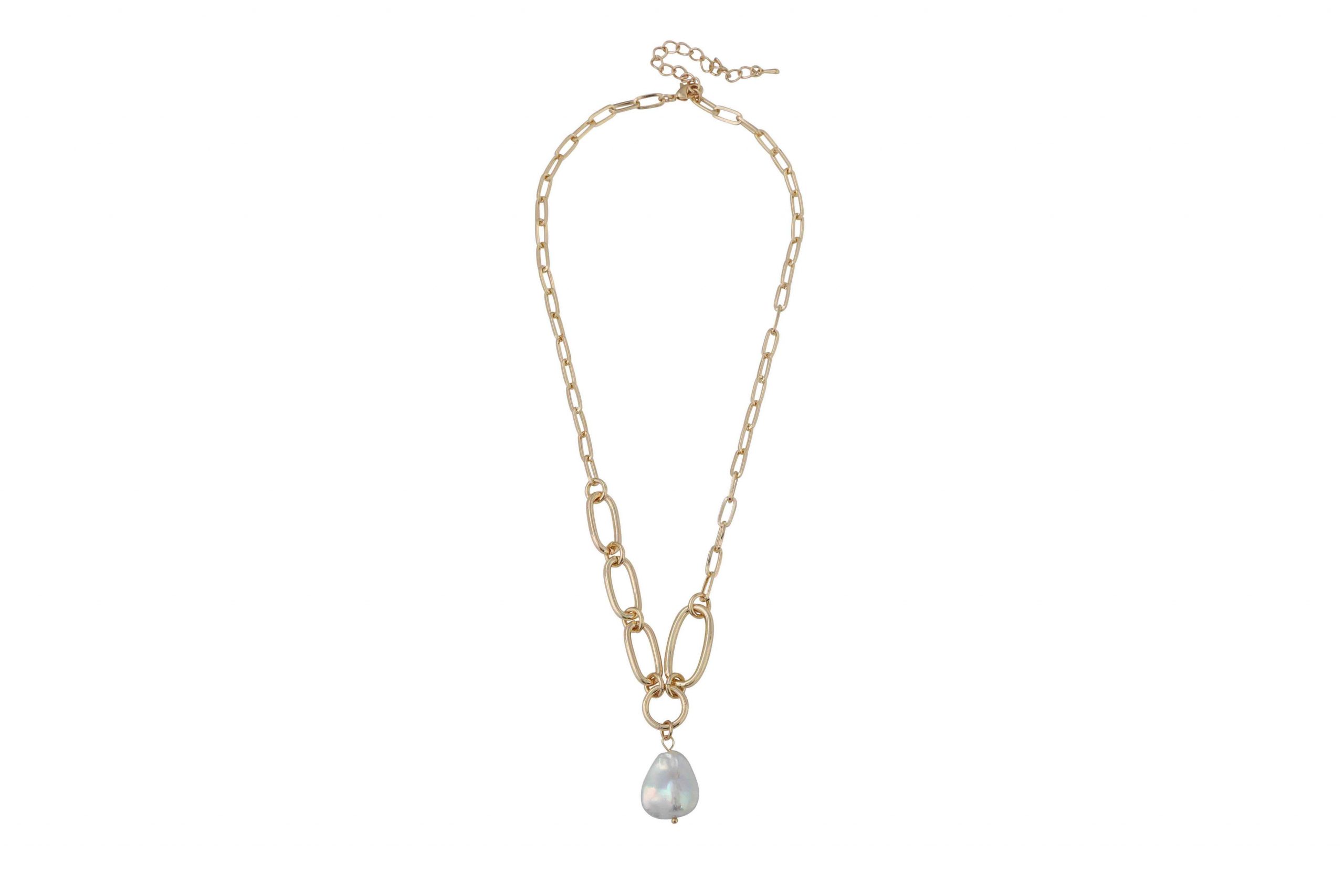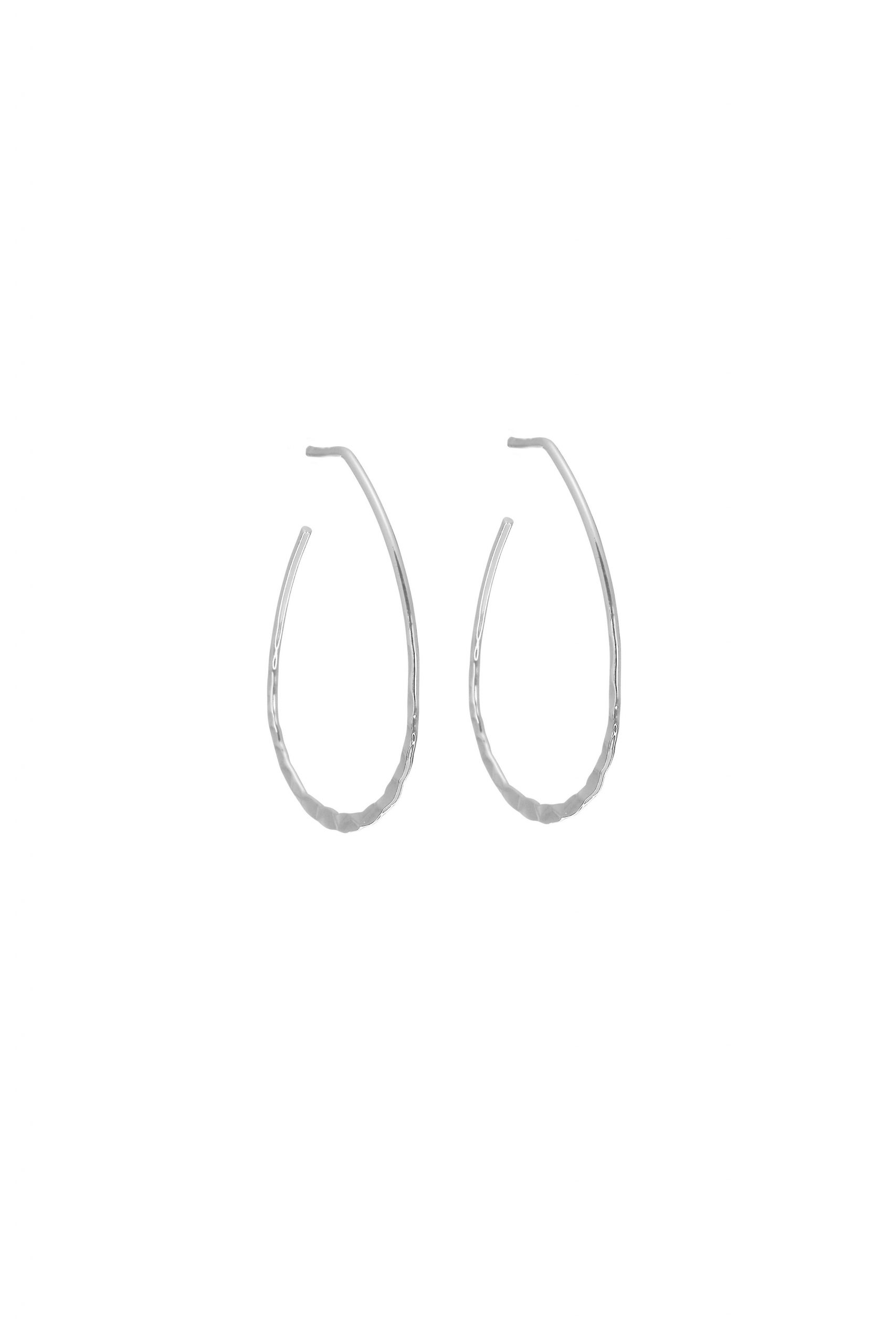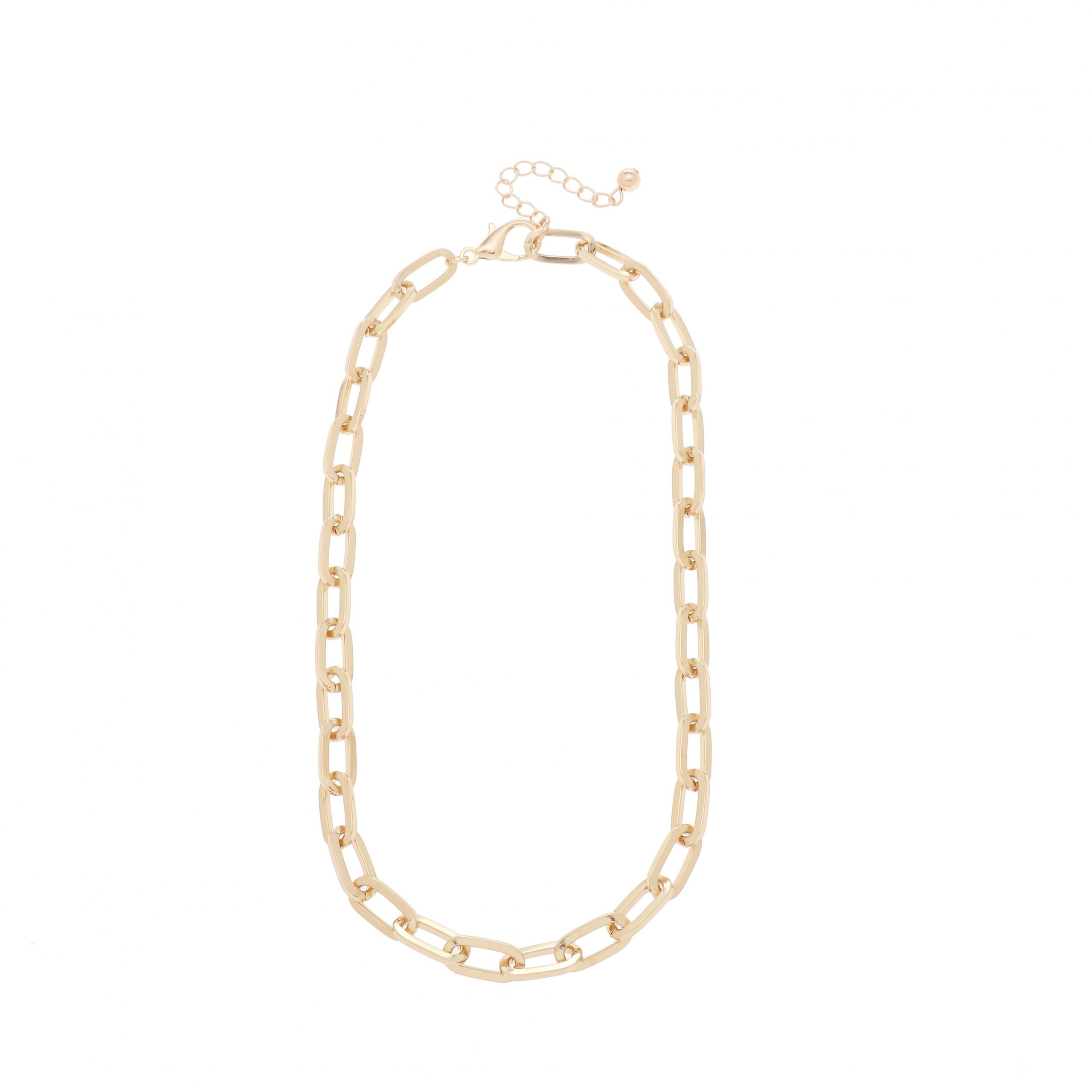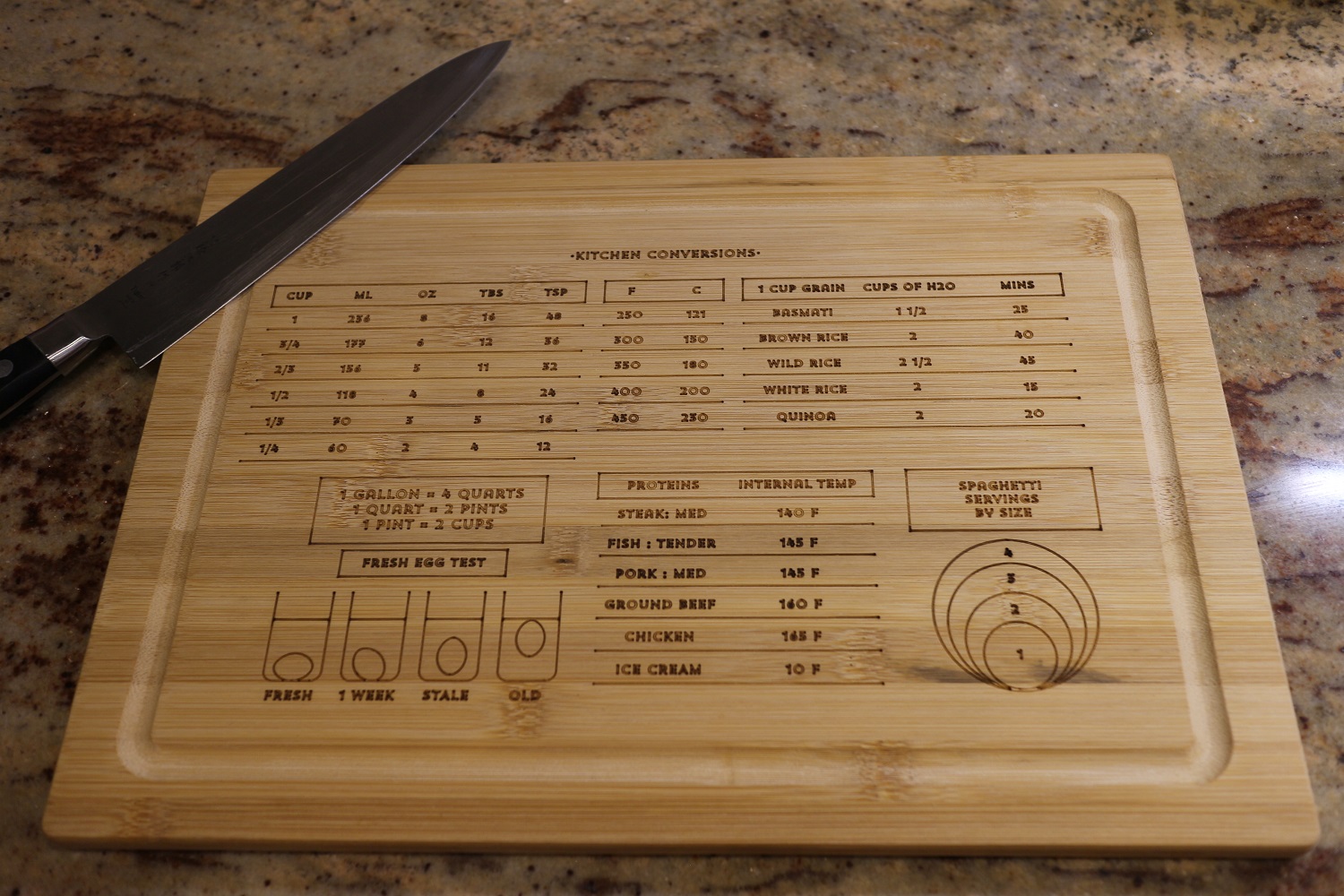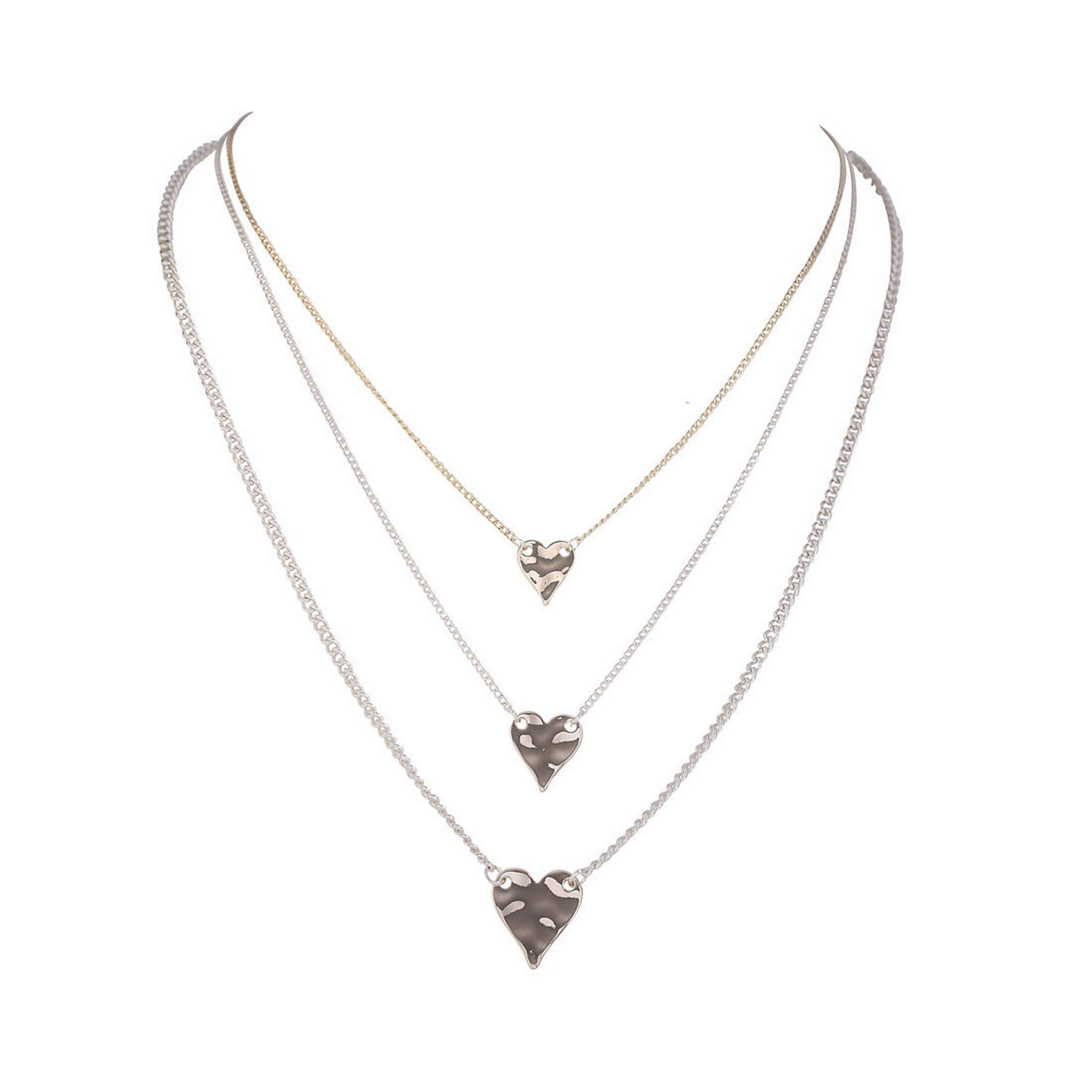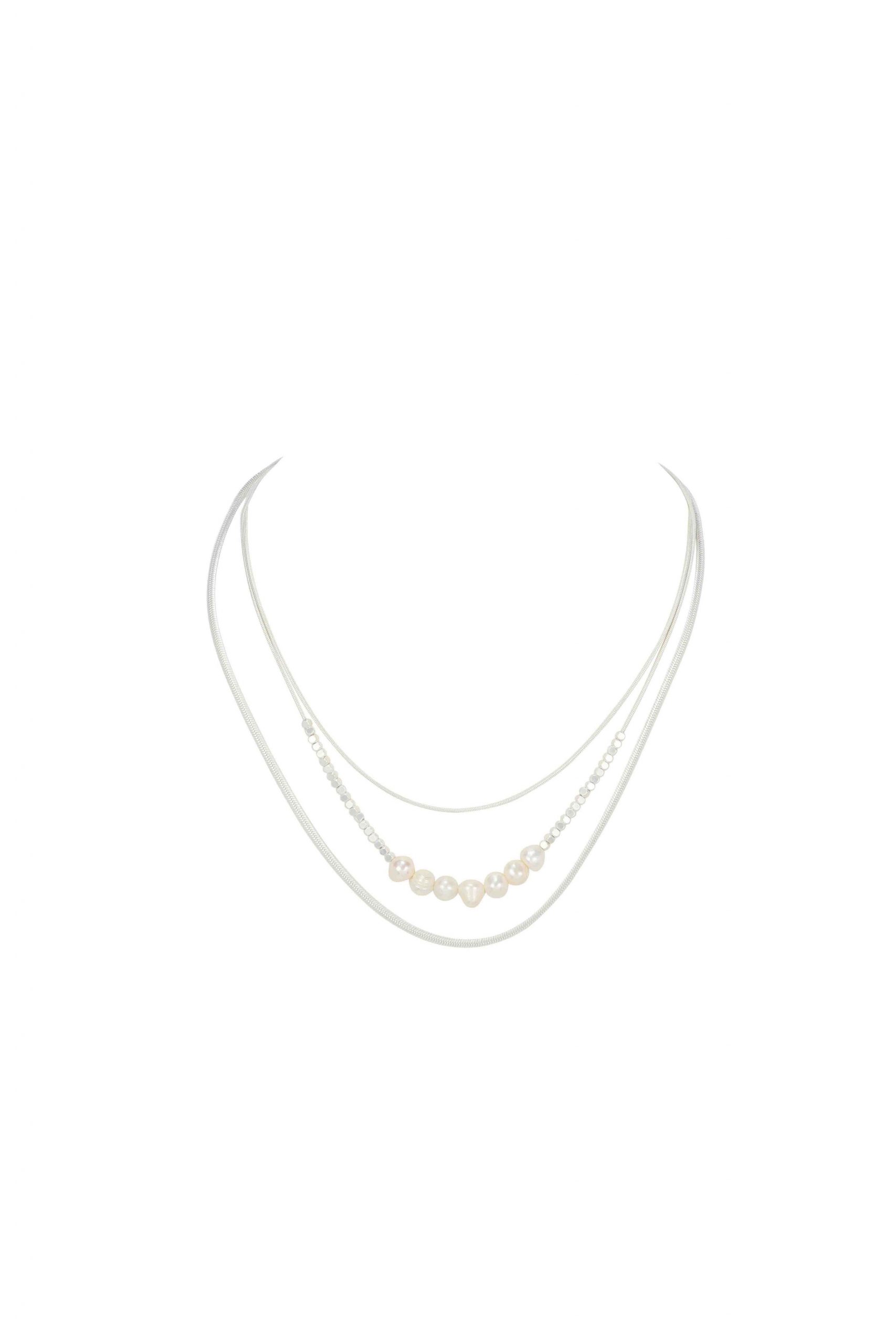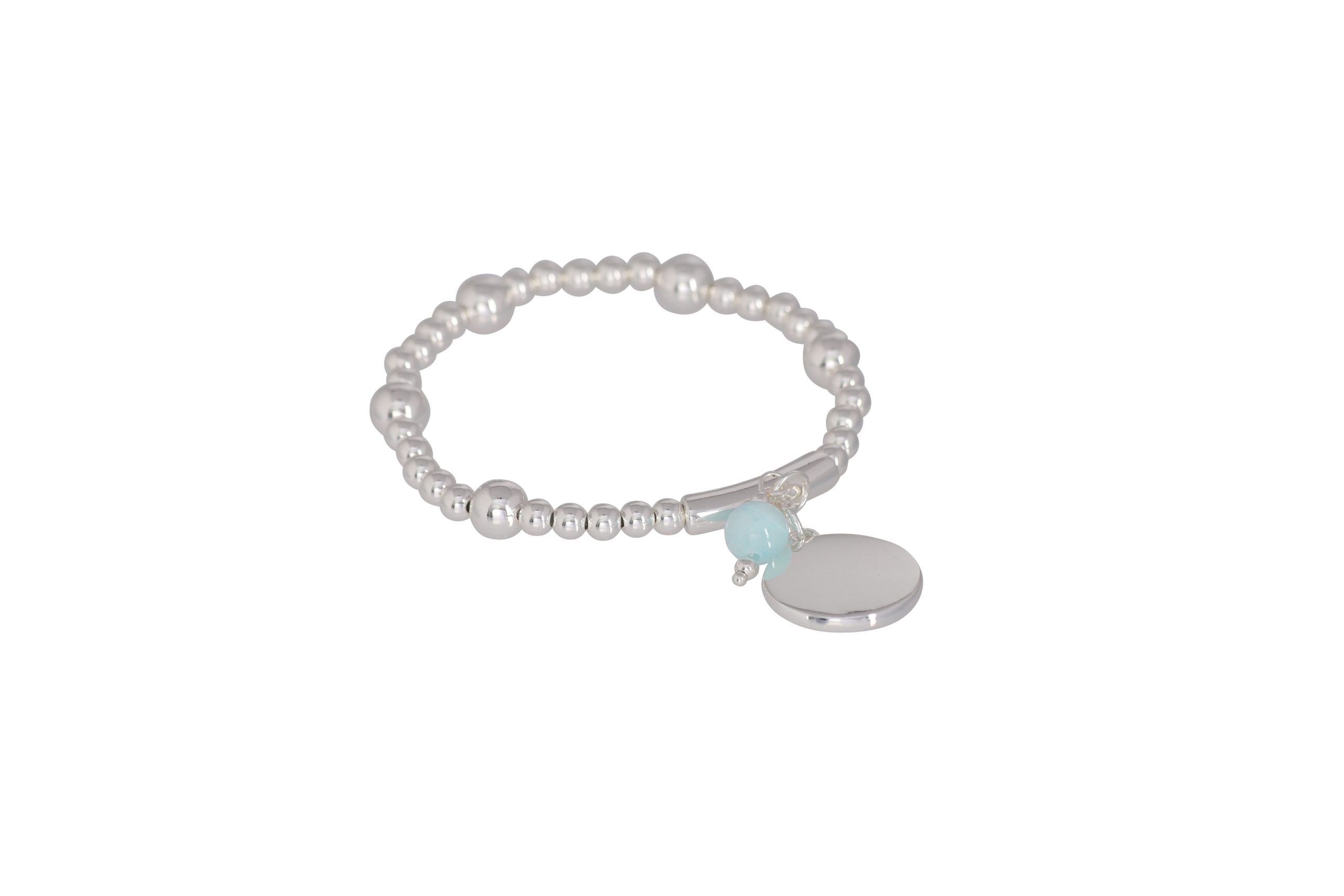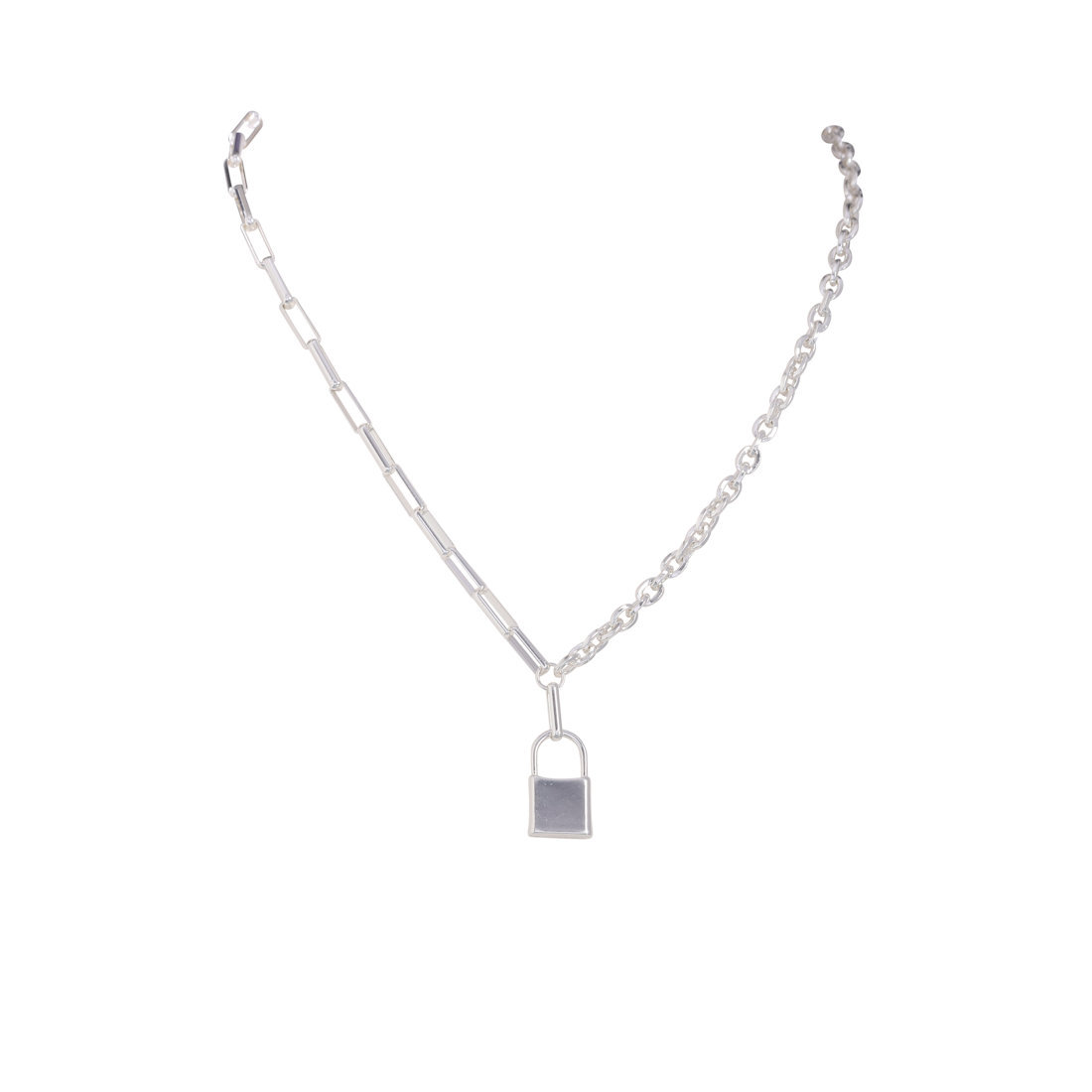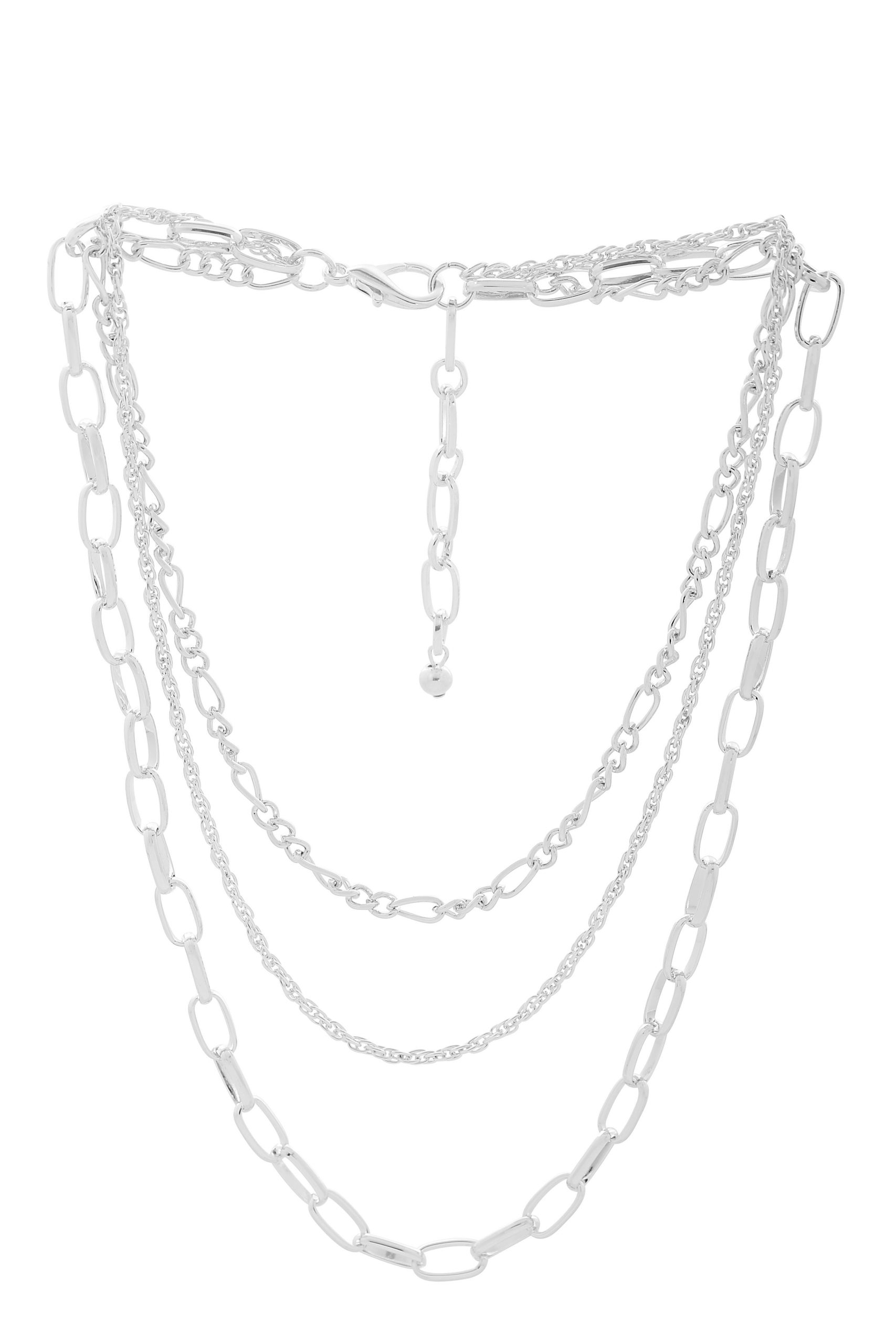‘Love Is Blind Brazil’ was the first-ever version of the show to include a woman with a physical disability. It was during the show’s third season, which included Bianca, a contestant who was missing fingers on her left hand. It was the show’s aim in demonstrating an effort towards inclusivity. She often used her time on the show to talk about all the problems she has overcome despite her disability. She was diagnosed with Primary Ciliary Dyskinesia (PCD) is a rare genetic illness that affects the functioning of cilia, which are microscopic hair-like structures found in the respiratory tract, reproductive system, and other organs. PCD causes cilia to move improperly or not at all, which can cause a variety of respiratory, nasal, and reproductive issues. Chronic sinusitis, recurring lung infections, bronchiectasis, and infertility are among possible symptoms of PCD. Other signs and symptoms may include loss of hearing, situs inversus (a disease in which the organs are arranged backward in the body), and probable heart problems.
On the show, Bianca got married to Jarbas Andrade. They’ve since separated, as of 2024. The entire premise of the ‘Love Is Blind’ is to test how strong emotional connections are compared to physical attraction and if it is strong enough to overcome differences such as race, class, age, body type, and disability without having to see each other. Brazil’s version of ‘Love Is Blind’ seems to be the only one who uphold to that standard. It was interesting to see Bianca’s relationship with Jarbas blossom on the show. Particularly so in the pods. I was expecting her to disclose her disability to him during the initial blind dating phase, but she didn’t. He only saw that she had a disability when they met face-to-face at the reveal.
Instead of focusing on the subject of her disability, Bianca and Jarbas connected on their shared love for their respective children. Bianca had a son, and Jarbas had a daughter who wasn’t biologically, but raised as his own from a young age. When Jarbas saw his future bride face-to-face, he didn’t think any less of her after seeing that she was disabled. He loved her just as much, if not even more. When the American version of ‘Love Is Blind’ first aired in 2020, it’s main goal was to prove that physical appearance can be overlooked the producers mostly choose individuals that reflect stereotypical beauty standards such as, being (mostly) white, conventionally attractive, and able-bodied. This not only further reinforced societal beauty standards, but also portrayed who society deemed to be deserving of love. They were somewhat hypocritical in the messaging they were trying to get across.
Shayne Jansen, who appeared on season 2 of the American version of ‘Love Is Blind’ has ADHD and has spoken about his mental health condition. Not much was said about his condition. So much so that I even forgot he had it. There wasn’t much of an emphasis put on it when he was on the show. The same could be said of Bianca’s experience on the show, though I think there was more of an emphasis on it because her disability was visible. But there was no emphasis on how her disability affected her relationship with Jarbas. And you know why? Because it shouldn’t, and it most likely didn’t.
Bianca’s particular storyline can be seen as a case study of how people with disabilities navigate the dating world and the challenges and opportunities they face in forming relationships based on genuine connection. There’s a misconception that dating as a person with a disability can be complex and often requires navigating societal expectations and potential challenges, such as accessibility issues or potential misunderstandings. And that’s all it is – misconception. But to be more elaborative on the matter of dating when you have a disability, these are the challenges faced:
- Disclosing Your Disability: Deciding when and how to disclose your disability can be a personal choice, ranging from upfront disclosure in dating profiles to sharing information later in the relationship.
- Accessibility: Planning dates and activities that are accessible to you and your partner is crucial. Consider venue accessibility, transportation, and potential support needs.
- Communication: Open and honest communication about needs and preferences, both physical and emotional, is essential for building a healthy and fulfilling relationship.
- Stigma and Prejudice: Navigating societal perceptions and potential prejudice towards people with disabilities can be challenging.
- Finding a Partner: While general dating apps can be used, some people find specialized dating apps for people with disabilities to be helpful.
- Building Intimacy: It’s important to remember that intimacy can take many forms, and that physical intimacy is not the only measure of a successful relationship.
I guess that, out of all the contestants of ‘Love Is Blind’, the person I could most relate to was Amber Pike. She appeared on season 1 of the show, and married Matt Barnett in the season finale. The two are still married and are expecting a child together. Following her marriage to Barnett, Amber revealed in the ‘After The Alter’ episode that she was diagnosed with epilepsy. She said in a confessional, ‘A few months ago, I ended up seizing on our bathroom floor, and Matt was just terrified. He didn’t know what to do, and eventually I just kind of stopped and snapped out of whatever that was. The next morning, he told me that happened and I had zero recollection whatsoever. So, I reached out to my doctor and I’ve been diagnosed with epilepsy.’ At the time, she had plans to start trying for a baby, but those plans had to be delayed following the official confirmation of her diagnosis. I remember I had scary of relief as I listened to her speak of her diagnosis. All I wanted to do was hug her and say, ‘I see you’. I understood exactly where she was coming from. What she was going through at the time was exactly what I was going through at the time. It was heartbreaking, and I was rooting for her. And my husband did too. He was in Barnett’s shoes.
There’s a drastic difference, however. Amber was diagnosed AFTER she got married. I was diagnosed with epilepsy before I got married, but I’d already been in a relationship with my husband for 5 whole years by that point. Following my diagnosis, I asked my husband if he’d still peruse a relationship with me had I been diagnosed with epilepsy before we ever met. He said he wouldn’t. It would’ve been too much for to bear. And it’s understandable, especially considering what he’d witnessed in the aftermath of my diagnosis. That’s also not to say that relationships are easy following one person in the relationship being diagnosed with a chronic illness or any other disability. That’s also not to say that relationships don’t end following such a diagnosis, because they do. Statistics show that 75% of marriages end when one person in a marriage lives with a an illness, and 95% when two people live with an illness. Amber and Barnett, as well as my husband and I are the lucky and fortunate ones. Then again, we can’t forget that life keeps on moving forward, and who knows what will happen in the future…
But we’re not here to talk about relationships, specifically. We’re here to talk about dating. There’s a stigma going around that people, particularly women, with disabilities are desirable, and therefore can never be “dating” or partner material. My father-in-law is the perfect example of a person who thinks in such a way. Not only has he always thought of me as unworthy in the dating scene, but life as a whole. He made it very clear in the arguments he presented to his son as to why he shouldn’t be with me. That wasn’t really my problem unless his son agreed with him. Lucky for me, his son didn’t. On the contrary, his son always believed I was worth of everything and more.
Just like Bianca, I live with a physical disability. That disability is cerebral palsy. To make long story short, cerebral palsy is a a neurological condition that affects a person’s ability to move and maintain balance and posture. It’s caused by damage to the developing brain, usually before birth, or by a developmental disability that impacts brain development. Symptoms vary from person to person and can include poor coordination, stiff or weak muscles, tremors, and problems with sensation, vision, hearing, and speech. Symptoms are usually first noticed in infants and toddlers. Unlike epilepsy, which came to me later in life, I was born with it. I was officially diagnosed when I was 7 months old. I always saw myself as worthy, even when others, like my father-in-law didn’t. I never let other people’s perception of me think of myself any less.
The treatment of people with disabilities goes back in history. Everything goes back to culture. Some cultures even revered people with disabilities and held them in high esteem. For instance, infants born with disabilities in Western Africa were believed to be the result of supernatural forces and said to be good luck. This is very isolated, though. Historically speaking, the treatment and attitude towards people with disabilities has often been marked by societal fears, intolerance, ambivalence, prejudice, and ignorance regarding disability. People with disabilities of any kind were subjected to infanticide, starved, burned, shunned and isolated, strangled, submerged in hot water, beaten, chained and caged, tortured, gassed, shot, sterilized, warehoused and sedated, hanged, and used as amusement. These practices continued on throughout World War II. Even today, in some parts of the world, this type of cruelty continues on even today. Despite United Nations adoption of Principles for the Protection of Persons with Mental Illness being in place since 1991, as well as 2006’s United Nations Convention on the Rights of Persons with Disabilities, people living with disabilities mental illnesses throughout the world are still treated inhumanely by some.
The Greek culture considered a disability being a social matter, as well as an economical one. In their standard, they were viewed as socially inferior. Christians viewed disability as a curse or as being possessed, thereby needing prayer and charity. And even in today’s worldview, there are still people out there who believe that disability is caused for having sinned. It was even considered to be a punishment from God. Christianity’s reach only went so far. German and Slavic people of Central Europe continued to abandon and kill people with disabilities who could not care for themselves. Even less than 100 years ago, people with disabilities were sent to institutions because it was assumed that people with disabilities couldn’t take care of themselves in the real world. And now, in 2025, we still see some people with disabilities being sent to institutions, but it’s by their or their loved ones’ own choice rather than any government policy.
Adolf Hitler described people with disabilities as ‘unworthy of life’. I don’t think I’d compare my father-in-law’s view of disabled people to that of Hitler, LOL. I don’t think he’d come down to Hitler’s measures. But I certainly do believe he thinks disabled people are unworthy; most definitely unworthy of dating his son, let alone marry him. I remember the very day we came to see my husband’s family to announce our engagement. My father-in-law seemed disinterested and disappointed. He rolled his eyes and left to his room; probably to cry it out. He couldn’t hide his utter disgust and embarrassment that his son would marry a cripple. He went as far as tricking my husband into a woman who he found worthy of his son’s future as I planned our wedding. The control my husband had endured was getting out of control; so much so that he didn’t even want his father at the wedding. He only was allowed to come thanks to me. His father was just too stupid and too over his head to even realize that. And even after we got married, whenever we’d have to see each other, he’d never acknowledge me. He’d never even look at me. There were times where he’d even refuse to introduce me to others as his son’s wife. It was as though I wasn’t even there. Nevertheless, I still made my presence known, loud and clear. I still gave him a few chances after my son was born, but there was no chance I’d allow him to disrespect me in front of my son, and when he showed disrespect towards my son, that was the end of it. But that’s a HE problem. He is the way he is, and he’s made it very clear that he’s not going to change. That’s that. All I can say is that he’s the one missing out; not me, not anyone else. I wish him luck, though…and peace.
My husband isn’t like that. He’s never need like that. He’s very open minded, always willing to learn; I’d even say that he’s always EAGER to learn. On our very first date, I told him I had cerebral palsy, and I even had him look up the disability on Google and read of the disability on Wikipedia. My intention was to be honest with him and give him a choice. And that’s the key, as well as to openly communicate. But there’s no right or wrong way to communicate with someone. Often times, disclosure looks different depending on the person, as disabilities can be visible, invisible, contextual, and/or situational. I decided to be open straight away with my husband straight away because I was tired of wasting my time. With all hardships aside, my dating phase was actually good. It was fun. It was eye-opening. And I could actually never relate to all the horror stories my single friends shared with me about their own dating experiences.
I have a feeling, based on what I’ve seen on her season, that Bianca and I have the same approach to how we view and identify our respective disabilities. I don’t identify myself as disabled. I never have. Even my official medical report from when I gave birth to my son stated that I didn’t identify myself as disabled. Often times, I wish I could hide my cerebral palsy so that people in the real world could see what I always saw in myself. It’s especially true as we still live in a society that sees disabled people as less than. It was especially the case in the educational system, as well as in the workforce. I had people who were supposed to support me and others like me, and were paid to do it as it was probably written in their job descriptions, not believe in me at all. And people in the workforce not believing me in the workforce is the reason why I’ve always been in the business sphere. I was always seen as a potential financial burden. In the educational system, I was seen as someone who couldn’t possibly have a future in anything, as well as someone who couldn’t possibly speak for herself. I wasn’t ever taken seriously.
This wasn’t the case with dating. I’ve been very open on this blog that I dated some real a**holes in the past. One thing was true, however. And that is that, literally, none of the guys I ever dated cared for my disability or treated me any differently because of it. They actually embraced it, and, just like my husband, they wanted to learn about my life with the disability rather than the generalized idea of the disability itself. I think it had a lot to do with how I presented myself to outsiders. I wasn’t a disabled woman. I was a woman that happened to have a disability. Even the worst guys I dated didn’t view me as a disabled woman, and for that, I’ll always be grateful. They didn’t deem me as ‘unworthy’, and they didn’t treat me as less than; at least not because of my disability. They saw a woman first; disability second. I’d even say that they didn’t even see disability to begin with. Lena Peak, a sex educator specializing in identity, disability, and embodiment, said this of the disclosing a disability, ‘When contemplating whether or how to disclose your disability, take some time to reflect on your motives. Why is it important for others to understand your disability and its impact on your life? Consider how much detail you feel comfortable sharing as well—and how personal or practical you want to get. For example, when chatting with someone new or planning a date, you may simply mention that you need a venue with a certain type of accessibility to meet up, that a Covid test pre-meeting is non-negotiable for you, or that you prefer to meet at a coffee shop that isn’t too loud or overstimulating. Remember that you have full control over how much information you share. You’re not obligated to provide extensive disability education or answer personal questions unless you feel comfortable doing so. Addressing inappropriate or invasive questions post-disclosure could involve responses like, ‘I appreciate your curiosity, but I’m not ready to discuss that aspect of my life yet.’ Prior to disclosure, you might want to listen to your favorite pump-up playlist or give yourself a pep-talk in the mirror. After, you might choose to connect with a friend, spend some time in nature, or treat yourself to something special. Creating a disclosure care plan like this can serve as a recognition and reward for navigating a challenging moment and embracing vulnerability.’
When my husband and I were separated, I was back in the dating scene for a time. I even made myself a Tinder account. The one man I connected with, who I honestly think would’ve been my second husband, at least on paper, showcased another means of the importance of open communication with someone you’re dating when you’re a disabled person. The man was in his 30’s, Jewish, and had his own recruitment agency. He was smart, intelligent, and kind hearted. I liked that he was secure in himself, that he was confident and knew what he wanted, and I especially liked that he was accepting and accommodating. And this is where my point starts. At the time, I was already diagnosed with epilepsy. I had to make things clear to him. I told him, even before we ever went on a date, that I had cerebral palsy and epilepsy. I needed to let him know of my boundaries. This was even more important to me than when I opened up to my husband about my cerebral palsy. This had everything to do with my health; with my well-being; with my livelihood. I just couldn’t risk it. It wasn’t that I suddenly identified myself as disabled, but rather that I was letting one know that I had a lifestyle to follow, and that I wasn’t about to change it for anyone. It was about me advocating for myself.
I was almost terrified to tell him such personal and sacred details of my life. I was scared that he’d look at me as undesirable and unworthy. Luckily, he wasn’t of that kind, and I think he was even more eager to see me and plan a date for us. I remember he even made a cute joke that made giggle like a little girl with a crush on a cute boy. Things didn’t work out between us because my husband and I eventually decided to give our relationship another try. Nevertheless, he was a great man. He made me feel alive again during the time where I felt like I didn’t, and for that I’ll always be so grateful. I hope he’s in a good place right now, years later, and I hope he found his own happiness. Any woman would be lucky to have him, and I’m not just saying that. For the first time ever, I can admit that in that specific situation, I was the a**hole. I couldn’t even face him and tell him the truth. Instead I just ghosted him. So if he reads this, which I doubt he will, I hope all is good with him. He deserves all the happiness in the world, even though I couldn’t give that to him myself.
I was reminded of my early days with my husband, back to the days when he was courting me. When giving advice on falling in love with someone, they always say to keep an eye on how the other person acts in the public and private nature of your new relationship. Peak herself said, ‘If your date only spends time with you alone in private settings, it may suggest that they’re uncomfortable with publicly acknowledging their relationship with a disabled person. On the other hand, take note if your date flaunts your relationship in public or on social media without your consent, especially early on in your relationship.’ I never even thought to consider to have such an issue with my husband. From the very beginning, he showed pride in me, and he showed happiness and content when we were together with others. I’d had some conversations with friends and reminisced on the early days of our relationship with them. They all said that they knew he loved me from the very beginning, that his eyes changed when he looked at me, and that there was nothing and no one he ever believed in more than he believed in me. That was how I knew I chose the right partner for me; or better yet, he chose me.
Love isn’t just about the physical aspect of it all. Love is based on an emotional connection you have with the other person. So of course disabled people are capable to date and experience love just like anyone else. People with physical and sensory and/or learning disabilities may find it more difficult to connect with people and generate or sustain new friendships. But that doesn’t mean that it’s impossible. Some compromising, adjustments and accommodations must be made, but what relationship doesn’t involve that? A relationship with a disabled or chronically ill partner will be better if you make time to understand their perspective and spend time working to be an actively supportive ally. With that said, as able-bodied person in a relationship with a disabled person, there are some factors for you to consider; 5 actually. These are:
- Make your life together accessible.
- Don’t expect your partner to constantly educate you.
- Ask them how they’d like you to refer to them.
- Challenge other people’s ableism.
- Empathize as often as you can, and act with compassion.
I was recently recommended by a family member to watch Netflix’s ‘Love On The Spectrum’. For those of you who might not be familiar, it’s another dating reality TV series, with people on the autism spectrum finding love. I particularly had an issue with it because the producers of the series only connected those looking to find love with others who are on the spectrum, which I thought gave other viewers the wrong impression in that people with disabilities ONLY date people with disabilities. That’s just absolutely not the case at all.
I myself refused to date or be involved with in a romantic way with anyone ‘like me’. I never wanted to date anyone who, like me, had cerebral palsy. Believe me, I tried. It was awful. Not because he was a bad person, but because it wasn’t for me. I didn’t feel I had anything to learn from him; nor did I feel like I had anything to give him, though he certainly believed I could. He told his peers that he was in love with me. And I’m not the only one who thought so. The show has faced criticism for its portrayal of autistic individuals, with concerns raised about infantilization, unrepresentative casting, and potentially harmful advice, despite the show’s intention to humanize and educate about autism. More particularly, the show was criticized for the following:
- Infantilization and Stereotypes: Some critics argue that the show infantilizes autistic participants, portraying them as “weird” or childlike, rather than focusing on their adult experiences and capabilities.
- Unrepresentative Casting: The cast’s demographic doesn’t accurately reflect the autistic community in terms of race, gender, or sexuality, leading to a skewed representation.
- Harmful Advice: Some advice given to the cast, particularly regarding dating, is seen as outdated and potentially harmful, potentially pushing for “normalcy” that is unnatural for many autistic people.
- Lack of Autistic Voices: The show is criticized for featuring more interviews with parents and “experts” than with the autistic individuals it ostensibly aims to represent.
- Exploitation and Voyeurism: Some view the show as exploitative, focusing on the “awkwardness” of autistic people’s dating experiences, rather than providing a genuine understanding of their lives.
- Unrealistic Depiction: The show’s portrayal of autism is considered limited and unrealistic, failing to depict autistic people who are non-speaking, have intellectual or developmental disabilities, or other co-occurring mental health conditions.
- Emphasis on Relationships: The show’s focus on relationships and romantic love can be seen as problematic, as it perpetuates the idea that autistic people need to be in relationships to be happy or successful.
- Cutesy Tone: The music and editing choices are criticized for being overly “cutesy” and childish, further contributing to the infantilization of the participants.
- Lack of Diversity: The show’s focus on a specific type of autistic person (those who are verbal, have few co-occurring conditions, and are heterosexual) fails to represent the diversity of the autistic community.
- Lack of Autistic Input: Critics point out that the show doesn’t adequately consult with autistic individuals about their experiences and perspectives, leading to a skewed and potentially harmful portrayal.
I was actually having a discussion about exactly what we’ve been talking about for the past 4,000+ words. For him, dating me was on a basis of compromise and patience. This was OUR story. We were just two kids in love when we met. Somehow, through thick and thin, we made it work. Even through many hardships and when it seemed like the entire world was against us, we made it work. Generally speaking, though, there are always deal breakers. My husband, for instance, wouldn’t date me if I were in a wheelchair. He wouldn’t be able to handle that. And that’s totally okay. He just knows his boundaries, and he knows exactly what he could handle. There are men who could handle it. I actually have a friend bound to a wheelchair who’s in a longterm relationship…with someone who’s able-bodied, and it’s so cute to witness her being so in love.
No matter the case, I feel like it’s important for everyone to realize that people with disabilities have just as much of a chance to find love as anyone else in the world, and Bianca from ‘Love Is Blind Brazil’ are living proof. We’re just women who happen to be disabled. We’re not defined by our respective disabilities. We just try to live our lives just the same as everyone else in a society that’s mostly ableist. We’re navigating through our hardships the best we can. At its best, we just want to strive; to thrive. Bianca and Jarbas have separated since their time on the show, but NOT because of her disability. Divorce can happen to anyone. Never in my life did I think I was less deserving than an average person to achieve anything I strived for, including dating finding love. I just wish the rest of the world saw that in me rather than make assumptions. Now let me be clear: my husband isn’t my nurse, nor is he my caretaker. He’s my partner.
The end.
Our Most Popular Posts
Sign up to our newsletter if you want to see more content from The Graceful Boon! By signing up to our newsletter, you'll get an even more in-depth content from yours truly, Stacie Kiselman, who's our Graceful Boon, that you won't want to miss out on.

